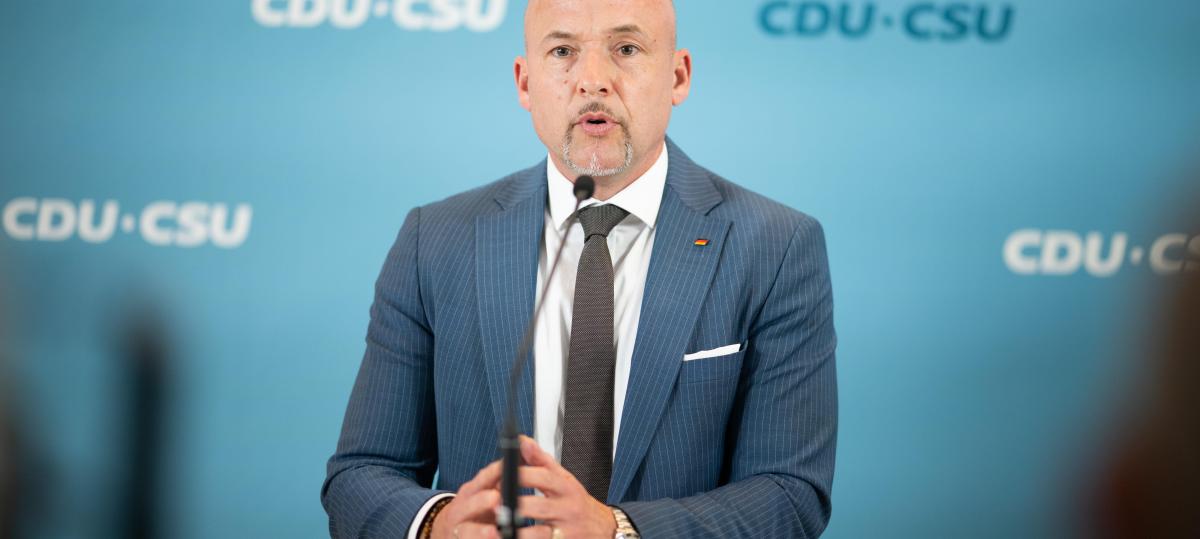Cavid-19: Five years later, four positive pandemic lessons – BBC News in Serbian
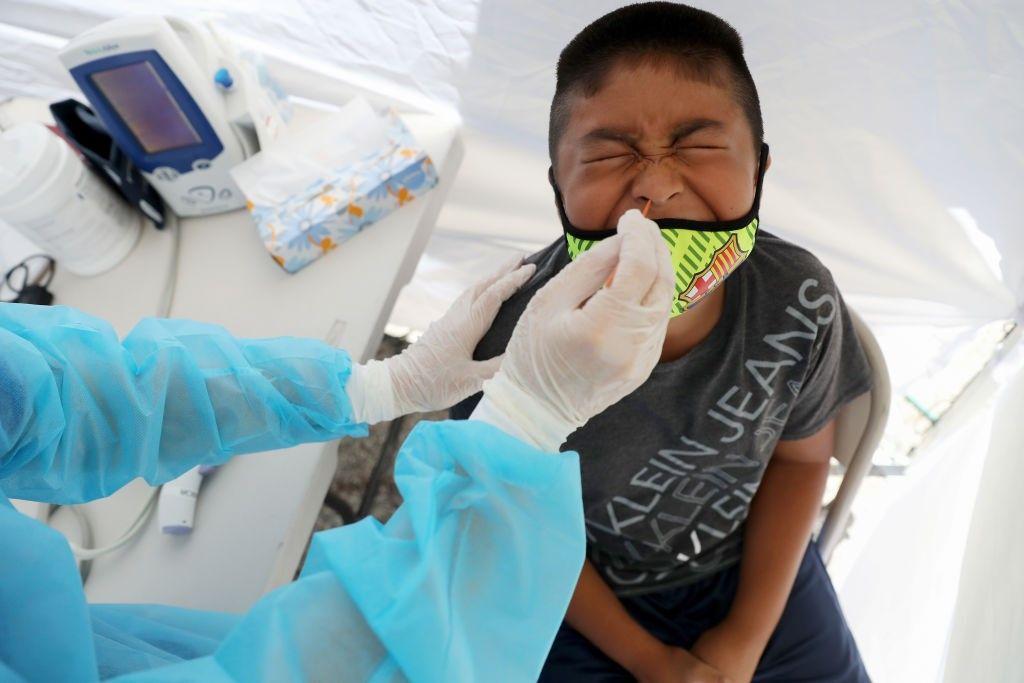
It has been five years since 11. March 2020. The World Health Organization (WHO) declared the Covida-19 Pandemic epidemic.
Governments have applied until then unseen measures that exposed 2.6 billion people to lock, practically holding them in forced quarantines without cessation.
The virus has led to more than 777 million infections and caused deaths more than seven million people, according to SZO.
The United Nations Agency estimates that the death associated with the pandemic now amount to a stunning 15 million.
The devastating consequences of the pandemic still feel around the world, but some analysts indicate several positive lessons that came from this very dark period.
Elke Van Hof, a specialist for stress and trauma and former professor of health psychology at Brussels, Belgium, describes locking as « the largest psychological experiment in history ».
Here’s what the four main conclusions are:
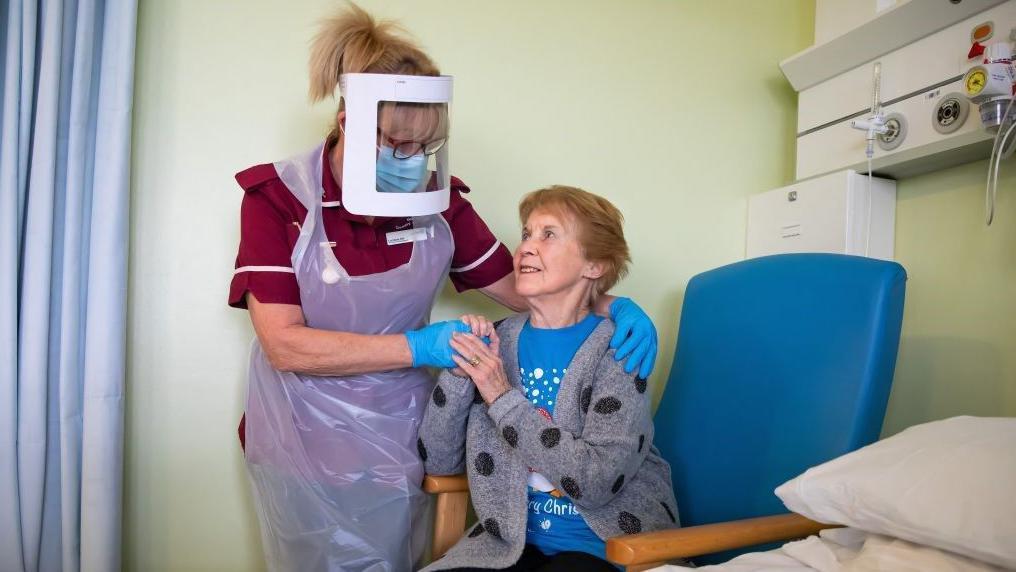
Progress in vaccine technology
It took scientists for only nine months to make an efficient vaccine to combat SARS-COW-2 viruses.
And they did this using technology that has now entered a revolution in the development of immunization around the world.
The use of the Synthetic Mermaid of RNA (MRNA) has been studied for several years as an effective mechanism for the development of mass vaccination programs, but the covey-19 pandemic rapidly accelerated its development.
Faiser research (US) Together with Biontek (Germany) and Modern (US), the MRNA mechanism was used to make their vaccines in record time, allowing millions of people to obtain doses that protect them from the fire effects of viruses.
Margaret Kinan, 90-year-old woman from the United Kingdom, became the first person in the Western world, which received the approved dose of Vaccine 8. December 2020. years.
Scientists who made it, Katalin Kariko and Drewoman, received Nobel Medicine Award 2023. years.
Doctor Margaret Haris, Public Health Expert Pri SO, describes this race to discover vaccines as one of the largest positive heritage of the pandemic.
« We attended technological progress at incredible speeds, » she said about the BBC Dr. Harris.
« The technology of the Mesion of the RNA was already known, but now we see how it is used to achieve other advances, including cancer vaccines, » she adds.
Professor from the University of Edinburgh Devi Sridhar and the author of the book Prevent: How the pandemic has changed the world and how to stop the followingsays the lessons learned during the pandemic influenced better detection and identification of new viral epidemics.
« Our scientific capacity has improved, our platforms have significantly advanced, » she says.
« If the question at the beginning of the pandemic was whether we will have a vaccine, now the question is: ‘How fast can we do it?' ».
In addition, there are lessons on how to be better prepared for the next pandemic, she says.
For example, countries « that seemed to have passed better were those who had a healthier population before the pandemic ».
New age for education
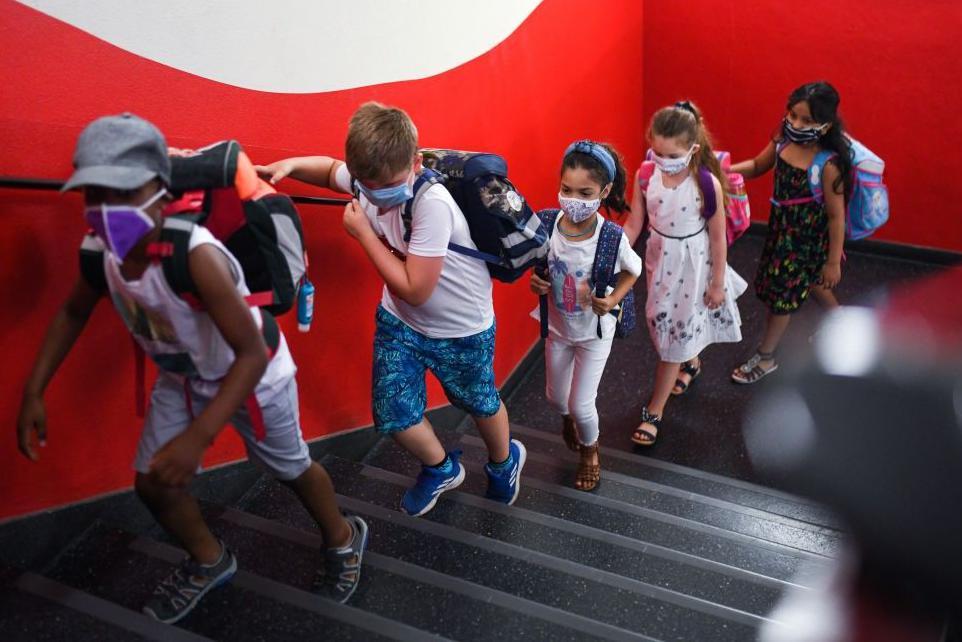
Closing schools had catastrophic consequences for children around the world.
A huge growth of learning and deferral learning rates, and on primary and secondary level remains one of the deepest scars left by pandemic, according to Mercedes Mateo, Education Department at Inter-American Development Bank (IDB).
But despite these negative consequences, Mateo sees positive changes in the way education is experienced today.
« There was a truly positive displacement in the introduction of discussion on education at the 21st century, to review educational systems, » she says for the BBC.
« During the pandemic, it became clear that the educational sector was one of the least digitized, » Mateo explains, with a huge amount of resistance to change this in any way.
But Kavid-19 forced to move towards a more hybrid and more flexible education, she says.
As a result, Mateo says the idea of using the classroom is purely as a physical and static space left behind.
Closing classrooms also moved the education sector upwards in the list of political agendas.
Furthermore, for Mateo, the pandemic also created greater awareness of the role that the school plays in modern societies.
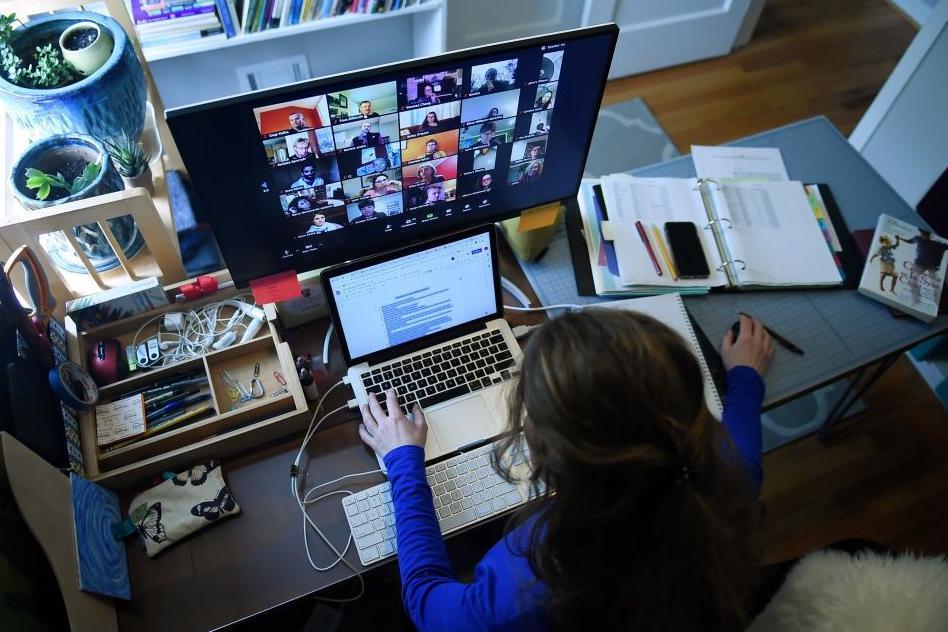
Change the paradigm at work
The waves of rapid job losses and poverty who followed them were one of the most serious consequences of Kovid-19.
The pandemic also led to less young people to go to the labor market, which remains one of the greatest challenges for the world economy.
One of the pandemic period lessons was that employment and income protection policies – such as forced rest – helped to alleviate the slowing down, Gerson says
Martinez, specialist in the economy of work at the International Labor Organization (ILO) and its regional office for Latin America and the Caribbean.
He has no doubt that these strategies have accelerated economic recovery.
And while the labor market regained relatively fast, the latest ILO report warns that it loses the flywheel because of economic pressures such as geopolitical tensions, climate change and growth of national debt.
But perhaps the most obvious transformation of jobs was to move on distance and hybrid work.
Despite the fact that numerous world companies are now insisting on a full return to face-to-face work, evidence of the benefit by productivity from the hybrid version are mixed.
Many governments in advanced legislation on distance work, for example, included greater flexibility plus laws on « right to exclude » in countries such as Ireland and France.
Furthermore, as far as Martinez, the technological revolution caused by the pandemic also brought a « golden opportunity » to increase productivity, for example, with the help of artificial intelligence that optimizes processes in different industries in different industries.

Mental health as a priority
Closing, uncertainty, loneliness, fear and difficulties that spread the world have done a mere experiencing a pandemic to traumatic experience for themselves.
Organizations such as the WHO and Pan American Health Organization (Paho) have done fundamental studies on the increase in depressive and anxiety disorders and the prevalence of suicidal behavior and thoughts after the pandemic.
However, for psychological lor Rohas-Markos, specialist for anxiety, stress and depression, pandemic influenced « our emotional memory and our way of compassion. It was a turning point, not only in suffering, but also in learning. »
She says that we are now more aware of the importance of keeping about our mental health, « not as something that is separate from our body, but something that is completely connected to it. »
« People used the opportunity to reconsider their own lives and learned not to take other people, their own environment, and even their own existence, for granted, » she added.
Study from 2022. year ordered by the BBC World Service from Globsken showed that about a third of surveyed in 30 countries said he was feeling better than before the pandemic.
Many of them said they spend more time with their family; They are better connected to the community and nature, and that their general priorities are clear to them.
These changes had a widely positive effect, according to these data.
The crisis also led to a permanent, radical change in how psychologists offer therapies with wide use of video calls.
This flexibility has enabled therapists to reach, for example, Ukrainian soldiers in the middle of war or with clients living in the stabs.
The pandemic also stated us to paust and truly think about resilience and human sympathy, two primary issues, which, according to Rohas-Mark, are in the core of our nature.
The gestures of solidarity were some of the light moments in the middle of this tragedy, she added.
The BBC in Serbian is from now on and on the morning, follow us Here.
Follow us on Facebook, Twitter, Instagram, Jutjubu and Vajiberu. If you have a topic suggestion for us please contact (Email Protected)







